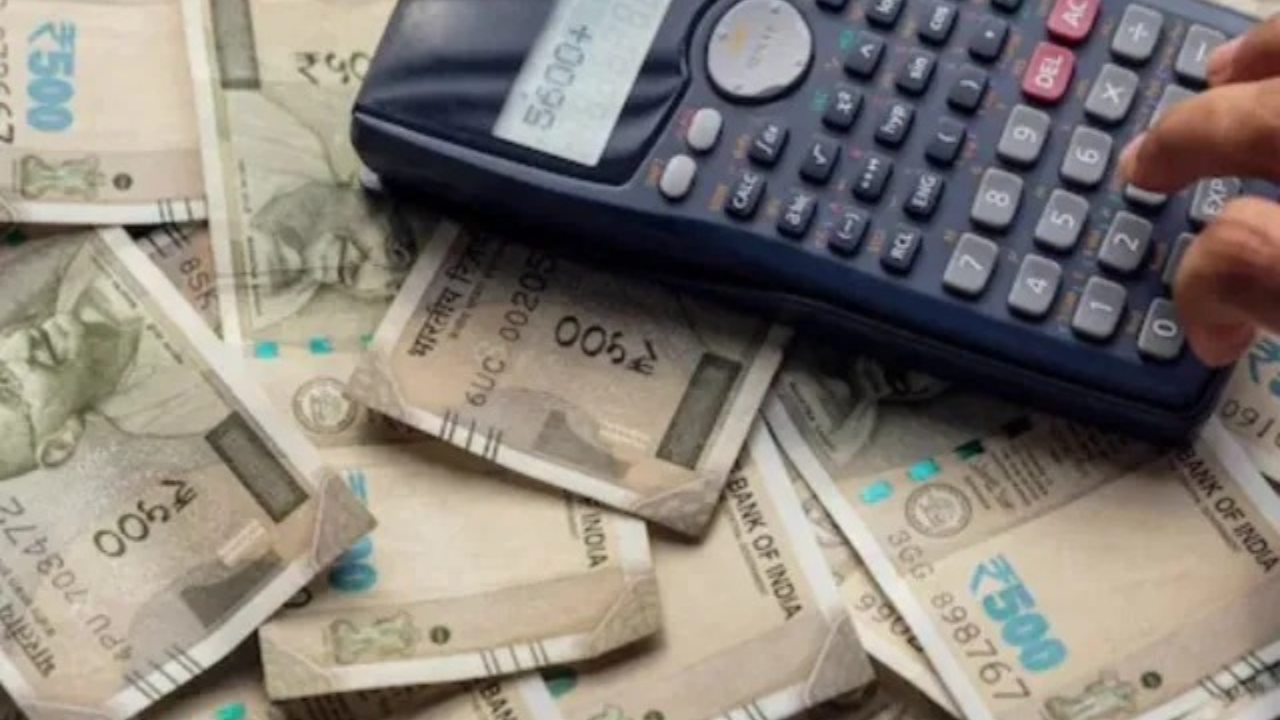Financial Year Rule Changes: The financial year 2025-26 kicks off on April 1, bringing with it a host of changes to rules concerning mutual funds, credit cards, UPI transactions, taxes, and GST. These updates aim to boost transparency, enhance investor protection, and improve tax compliance. Here’s a rundown of the key changes.
Under the new SEBI regulation, asset management companies (AMCs) must invest the money raised from New Fund Offers (NFOs) within 30 business days. If they can’t meet this deadline, they can request a one-time 30-day extension with the Investment Committee’s approval. If the investment still isn’t made within 60 days, the AMC will have to halt new investments and allow investors to withdraw their funds without facing any penalties.
Additionally, SEBI has rolled out a new category known as Specialized Investment Funds (SIFs). This category sits between mutual funds and portfolio management services (PMS), requiring a minimum investment of Rs 10 lakh. Only AMCs with an average asset under management (AUM) exceeding Rs 10,000 crore over the past three years can launch these funds.
DigiLocker Integration: Investors will now have the ability to digitally store and access their demat and mutual fund holding statements. This change aims to tackle the issue of unclaimed assets and simplify access for nominees.
Unified Pension Scheme (UPS)
Starting April 1, 2025, the Unified Pension Scheme (UPS) will roll out under the National Pension System (NPS) for central government employees. This scheme ensures that employees with a minimum of 25 years of service will receive a pension amounting to 50% of their average basic salary from the last year.
UPI Transactions and Mobile Number Updates
The National Payments Corporation of India (NPCI) has instructed banks and payment service providers (PSPs) to refresh their databases by March 31, 2025, which includes removing any recycled or deactivated mobile numbers.
If your mobile number has been blocked or revoked according to the Department of Telecommunications (DoT) guidelines, it may be removed from your bank and UPI app records, potentially disrupting UPI services. So, make sure your bank account is linked to an active mobile number.
Credit Card Changes
SBI Cards: Holders of the SimplyCLICK SBI card will now earn 5X reward points on Swiggy instead of the previous 10X, but they will still receive 10X points on Myntra, BookMyShow, and Apollo 24|7.
Air India SBI Platinum Credit Card: The reward points for booking Air India tickets will decrease from 15 to 5 points for every Rs 100 spent. Meanwhile, the Signature variant will see a drop from 30 to 10 points per Rs 100 spent.
IDFC First Bank: After March 31, 2025, the Club Vistara Credit Card will no longer offer new milestone benefits and will be phased out gradually.
Axis Bank: All complimentary Tier Memberships and Milestone Ticket Vouchers associated with the Vistara Credit Card will be discontinued starting April 18, 2025.
Income Tax
The government has raised the tax-free income threshold from Rs 7 lakh to Rs 12 lakh under the new tax framework, providing significant relief to middle-class taxpayers.
New tax brackets:
– No tax on income up to Rs 4 lakh
– 5% tax for income between Rs 4 lakh and Rs 8 lakh
– 10% tax for income between Rs 8 lakh and Rs12 lakh
– 15% tax for income between Rs 12 lakh and Rs 16 lakh
– 20% tax for income between Rs 16 lakh and Rs 20 lakh
– 25% tax for income between Rs 20 lakh and Rs 24 lakh
– 30% tax on income exceeding Rs 24 lakh
Senior citizen tax benefits:
– The tax deduction limit on interest has been raised from Rs 50,000 to Rs 1 lakh.
– The tax deduction limit for rent will increase from Rs 2.40 lakh to Rs 6 lakh annually.
– The tax collection exemption under the Liberalised Remittance Scheme (LRS) has been boosted from Rs 7 lakh to Rs 10 lakh.
GST and e-invoicing updates:
Starting April 1, 2025, businesses with an annual turnover of Rs 10 crore or more must upload e-invoices to the Invoice Registration Portal (IRP) within 30 days. Previously, this requirement applied only to businesses with a turnover exceeding Rs 100 crore. This update aims to enhance real-time invoice tracking, improve input tax credit (ITC), and bolster tax compliance.
